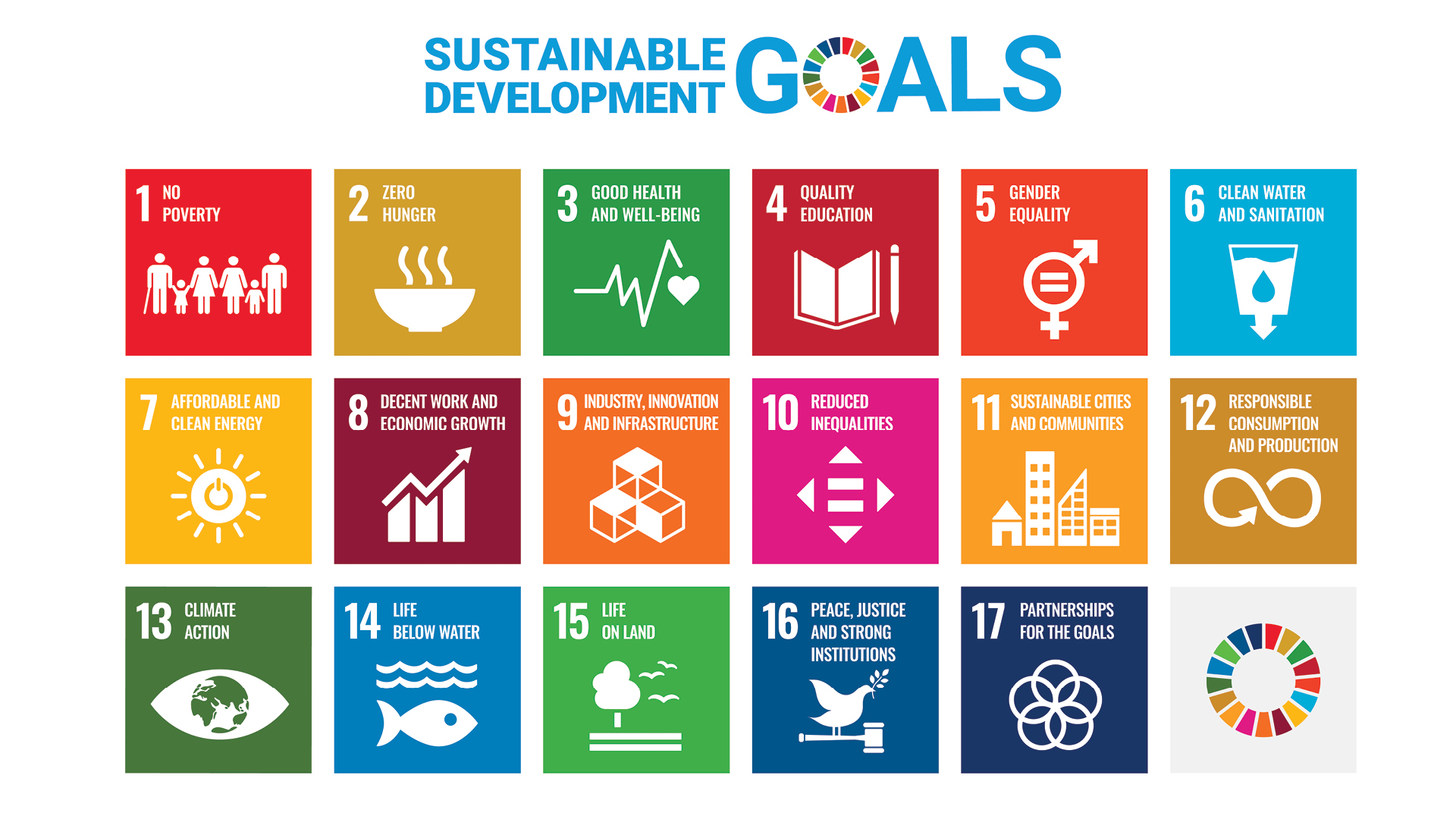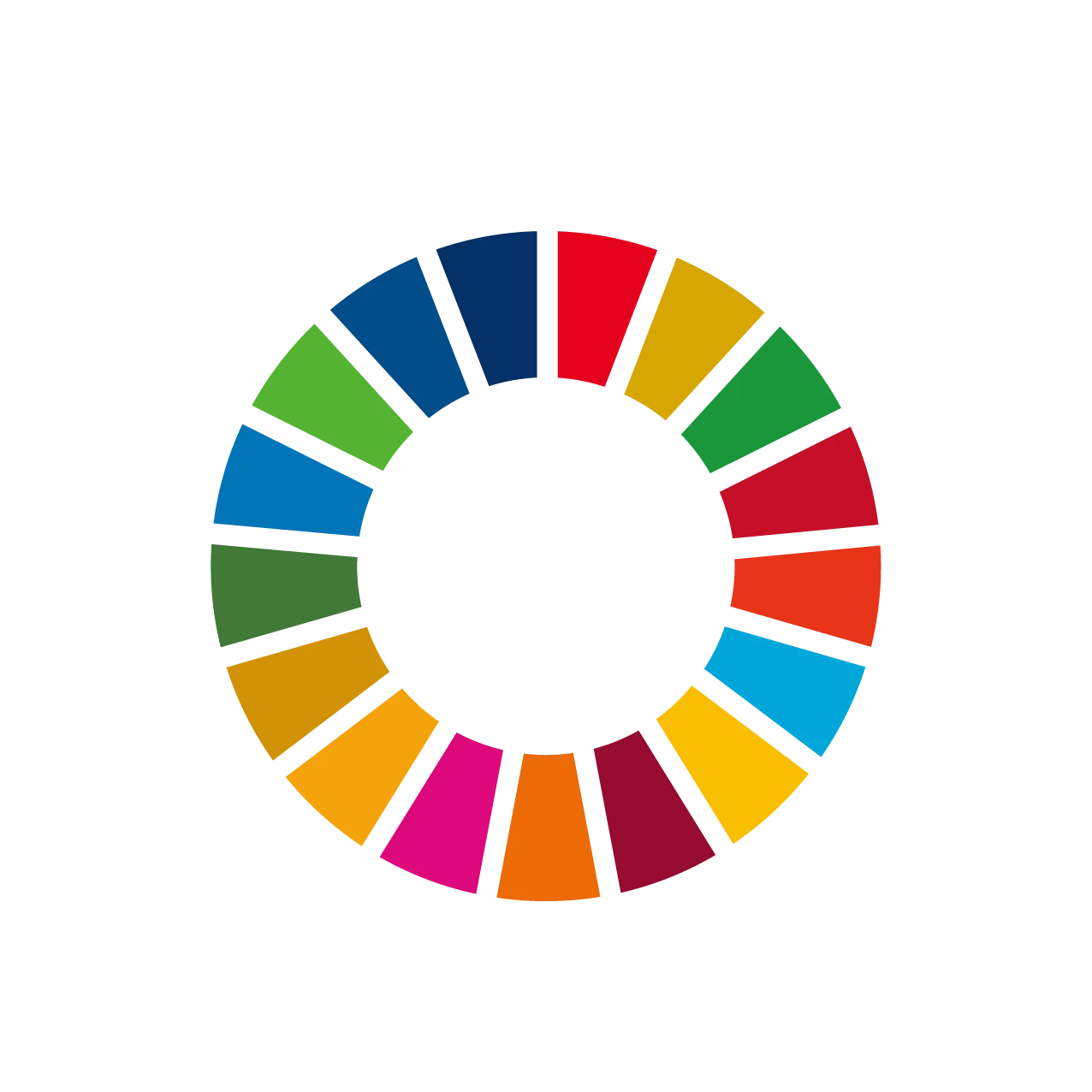ATSE supports the United Nations Sustainable Development Goals.
As a national Academy with many connections to international researchers and with our Fellows working towards global solutions for issues such as climate change, pandemics, and food security, ATSE has strong alignment with the 17 United Nations Sustainable Development Goals (SDGs). In order to make the 2030 Agenda a reality, broad ownership of the SDGs must translate into a strong commitment by all stakeholders to implement the global goals. The SDGs provide a framework we can use to logically organise Academy efforts against an increasingly ubiquitous taxonomy, and as a logical, useful, mapping tool for our reports and studies.
What are the SDGs?
The 2030 Agenda for Sustainable Development, adopted by all United Nations Member States in 2015, provides a shared blueprint for peace and prosperity for people and the planet, now and into the future. At its heart are the 17 Sustainable Development Goals (SDGs), which are an urgent call for action by all countries — developed and developing — in a global partnership. Interconnected, they recognise that ending poverty and other deprivations must go hand-in-hand with strategies that improve health and education, reduce inequality, and spur economic growth, all while tackling climate change and working to preserve our oceans and forests.


1 — End poverty in all its forms everywhere.
2 — End hunger, achieve food security and improved nutrition, and promote sustainable agriculture.
3 — Ensure healthy lives and promote well-being for all at all ages.
4 — Ensure inclusive and equitable quality education and promote lifelong learning opportunities for all.
5 — Achieve gender equality and empower all women and girls.
6 — Ensure availability and sustainable management of water and sanitation for all.
7 — Ensure access to affordable, reliable, sustainable and modern energy for all.
8 — Promote sustained, inclusive and sustainable economic growth, full and productive employment and decent work for all.
9 — Build resilient infrastructure, promote inclusive and sustainable industrialisation and foster innovation.
10 — Reduce income inequality within and among countries.
11 — Make cities and human settlements inclusive, safe, resilient, and sustainable.
12 — Ensure sustainable consumption and production patterns.
13 — Take urgent action to combat climate change and its impacts by regulating emissions and promoting developments in renewable energy.
14 — Conserve and sustainably use the oceans, seas and marine resources for sustainable development.
15 — Protect, restore and promote sustainable use of terrestrial ecosystems, sustainably manage forests, combat desertification, halt and reverse land degradation, and halt biodiversity loss.
16 — Promote peaceful and inclusive societies for sustainable development, provide access to justice for all and build effective, accountable and inclusive institutions at all levels.
17 — Strengthen the means of implementation and revitalise the global partnership for sustainable development.







